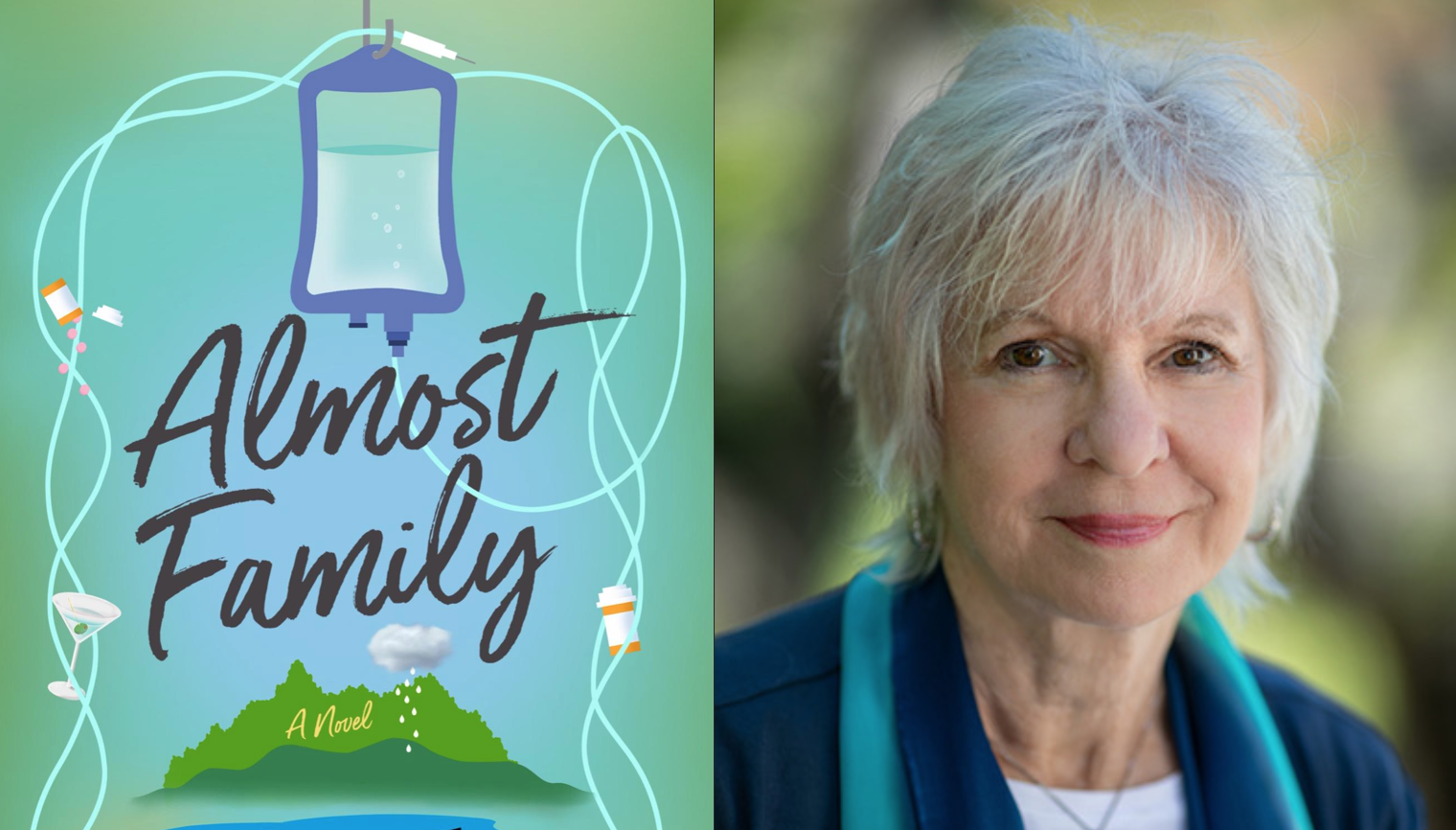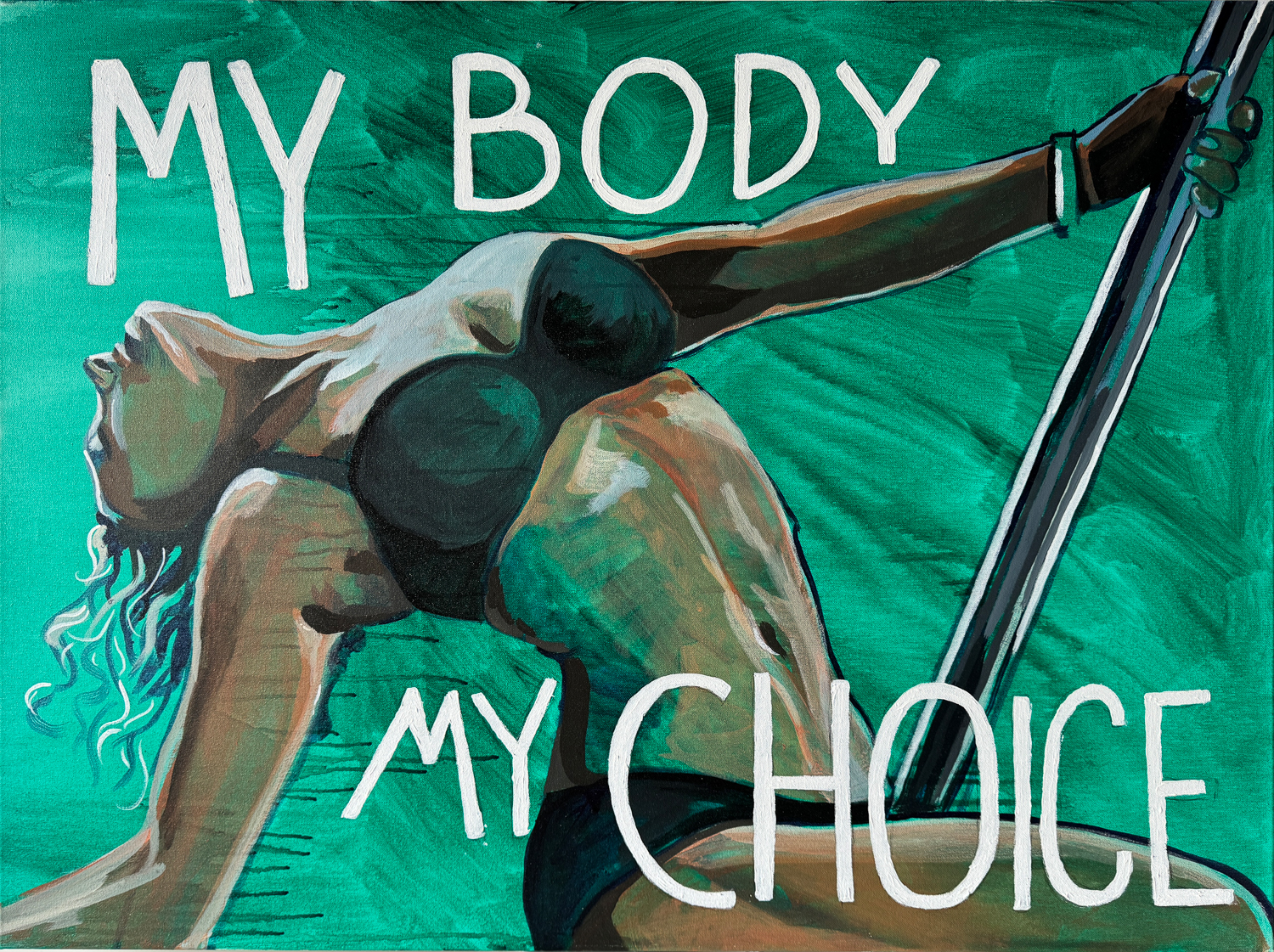
By Julia Brewer Daily
From the 1930s to the 1980s, pregnant unwed women were shamed by their parents and society into making emotionally devastating decisions. Women did not have birth control readily available in those years, and abortion was illegal. As a result, many birth mothers were very young and unable to care for their babies and wanted a more secure future for them.
The first maternity home in the United States operated by the Salvation Army opened in 1886. According to the Washington Post in an article that cited Ann Fessler’s The Girls Who Went Away, The Florence Crittenton Association of America, the Salvation Army, Catholic Charities, and other organizations operated more than 200 maternity homes in 44 states in the 1950s.
The “baby scoop” era was from 1945 to 1973. Then, more than 1.5 million women were sent to maternity homes by families to avoid the shame of unplanned pregnancies. That is a total of more than 4 million parents who put their children up for adoption. During those years, maternity homes intended women to relinquish their babies, not keep them. In the 1960s alone, 2 million parents placed their babies for adoption.
On the surface, it looks like we have traveled far from the shame and guilt heaped by society on unwed mothers. From the early 20th century, women were shipped away to maternity homes to have babies in secret, relinquish them for adoption and return home as if nothing transpired. Today, more unwed women keep their babies than give them up, but in many communities, children out of wedlock and single mothers still are treated differently and experience prejudice. Parents and society mores convinced pregnant women they were doing what was best for their babies at the time. They wanted better lives for their children than they could provide because of their young age or the stigma placed on unwed mothers.
According to adoption statistics, 100 million in the United States have adoption in their immediate families. Many are adoptees like me were placed for adoption in maternity homes where unwed birth mothers relinquished us.
While I’m not an expert on the vast and complex topic of adoption, I’m one adoptee and have one opinion on the subject. I wrote a novel, ‘No Names to Be Given‘ (Admission Press, out now), about three unwed women who met at a maternity home in New Orleans in 1966 to relinquish their babies and return home as if nothing transpired. Twenty-five years later, a blackmailer reunites them by threatening to expose their secrets…all the way to the White House.
The book is fiction, but it has a thread of my own memoir. I was adopted from a maternity home in New Orleans and searched and found my birth mother. Then, through commercial DNA kits, I found my birth father’s family as well. Because my book, ‘No Names to Be Given’, is set in the 1960s when pregnant women gave up children out of wedlock, I think young women today will learn about a time that they may find difficult to understand.
Perhaps the main lesson from those difficult times is to learn from history and not repeat our mistakes, mainly the shame inflicted on young women who were forced to give up their babies. Unfortunately, the struggles continue today with laws instructing women what they can and must do with their bodies. Interestingly, we do not see those same levels of requirements for men.
Today, most unwed women who become pregnant keep their babies with or without family support. There are still maternity homes in existence, but most offer financial assistance or child care to allow mothers to keep their babies. State and Federal programs are available, as well.
My family believes in adoption. I was adopted as an infant. One of my daughters adopted four older children, and they are thriving in her home. It is a very personal and courageous decision to choose to rear another’s child as your own, but the joy of creating or enlarging a family with those who desire one is excellent. Some adoptions are open, which means the birth parents may continue to be involved in the newly created family, as well.
While there is less stigma around unwed mothers today, there’s still a significant focus on women’s reproductive rights. With lawsuits that are threatening to overturn Roe v Wade and states deciding about same-sex adoptive parents, adopting out of culture, international versus in-country adoption, and open/closed adoption records, women’s issues, and adoption will continue to be hot-button topics for years to come.

‘No Names to Be Given’, by Julia Brewer Daily
1965. Sandy runs away from home to escape her mother’s abusive boyfriend. Becca falls in love with the wrong man. And Faith suffers a devastating attack. With no support and no other options, these three young, unwed women meet at a maternity home hospital in New Orleans where they are expected to relinquish their babies and return home as if nothing transpired.
But such a life-altering event can never be forgotten, and no secret remains buried forever. Twenty-five years later, the women are reunited by a blackmailer, who threatens to expose their secrets and destroy the lives they’ve built. That shattering revelation would shake their very foundations—and reverberate all the way to the White House.
Told from the three women’s perspectives in alternating chapters, this mesmerizing story is based on actual experiences of women in the 1960s who found themselves pregnant but unmarried, pressured by family and society to make horrific decisions. How that inconceivable act changed women forever is the story of ‘No Names to Be Given’, a heartbreaking but uplifting novel of family and redemption.
Julia Brewer Daily is a Texan with a southern accent. She taught at every level from kindergarten to university and even shadowed Martha Stewart. She is a member of the Writers’ League of Texas, the Women Fiction Writers’ Association, the San Antonio Writers’ Guild, and the Women’s National Book Association. Daily is an adopted child from a maternity home in New Orleans and searched and found her birth mother and, through DNA results, her father’s family, as well. Please find more about Julia Daily on her website https://www.juliadaily.com. You can follow her on Twitter, Instagram and Facebook.
















